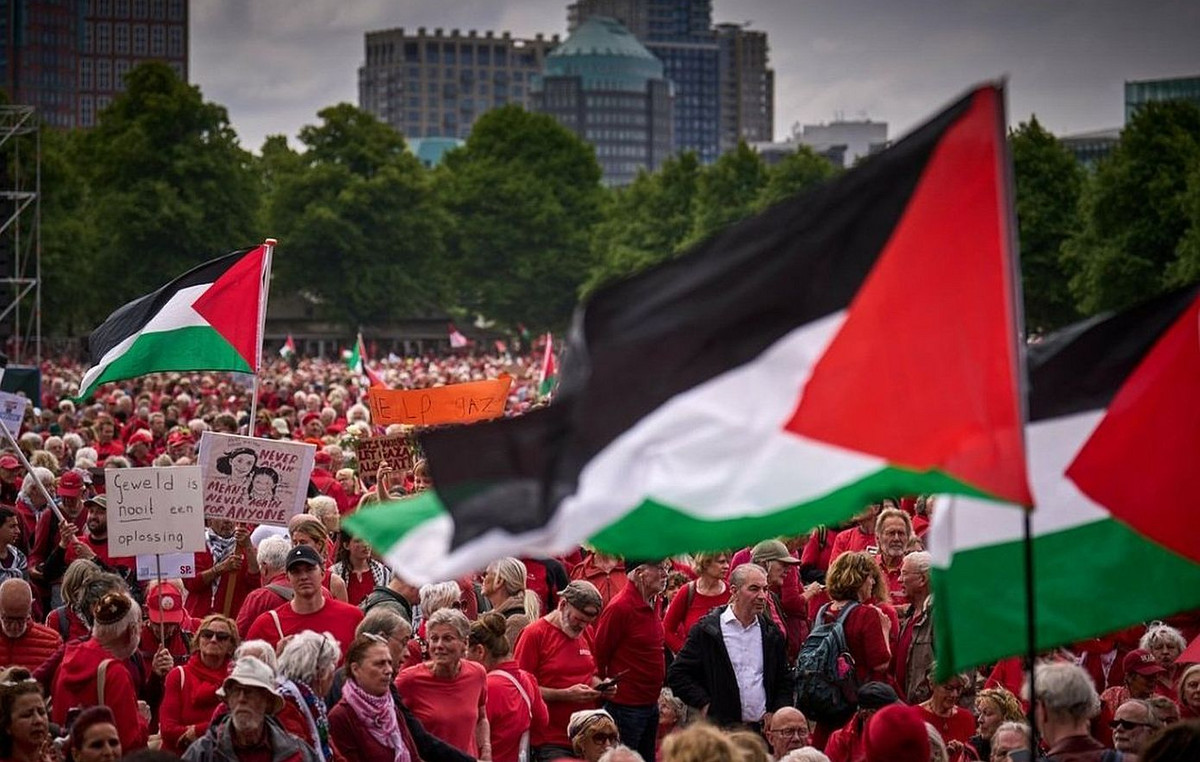The Superior Court of Justice (STJ) postponed, this Tuesday (27), the judgment of the appeal filed by the Public Ministry of São Paulo (MP-SP) and the Federal Public Ministry (MPF) against the decision that released Leonardo da Vinci Alves de Lima, one of the heads of the First Command of the Capital (PCC).
The case was not analyzed by the Sixth Panel of the STJ because Minister Sebastião Reis Junior had unforeseen circumstances and was unable to enter the session. The next meeting of the collegiate should take place after the mid-year recess.
On June 12, the magistrate ruled that the approach by the military police in São Paulo that resulted in the arrest was illegal. The MP appealed the decision.
The Sixth Panel of the Court specializes in criminal law and is composed of President Laurita Vaz, Justices Sebastião Reis Júnior, Rogerio Schietti Cruz and Antonio Saldanha Palheiro, and the summoned judge Jesuíno Rissatto.
understand the case
Leonardo da Vinci Alves de Lima was arrested with 2 kilos of cocaine and, in the event, the military police reported “strange behavior by the defendant”, which caused suspicion in the team and motivated him to be approached.
Upon being intercepted by the police, the suspect tried to break his cell phone and fled, being pursued and, subsequently, confessing to the existence of drugs on the motorcycle.
Da Vinci’s defense claimed that the motivation for the police approach was illegal, as it would have been motivated by the suspect’s nervousness. The MP-SP maintains that habeas corpus could not be recognized because it was used for criminal review, which is not possible by this procedural route.
The MP-SP also points out that the illegality of the police approach was presented by the defense after the conviction became final and was not analyzed by the original instances, in this case, the Court of Justice of São Paulo (TJ-SP), which represents instance deletion.
The MPF wants the suspension of the decision handed down by the minister of the STJ. According to the MPF, there was no summons to issue an opinion. He also states that the search was carried out based on well-founded suspicion, not just on subjective elements, such as nervousness.
Da Vinci was serving a sentence of 10 years, 7 months and 15 days in prison in the maximum security prison of Presidente Venceslau, in the interior of São Paulo, but was released after the magistrate’s decision to annul the evidence against him.
Promoters heard by CNN stated that they viewed the minister’s decision with concern and, for this reason, appealed against the decision. If the appeal is accepted by the STJ, Da Vinci could go back to prison.
“He appears in several telephone interception conversations negotiating hundreds of kilos of cocaine for the faction, negotiating rifles. It is an extremely dangerous element. I disagree with that opinion and received the news with a lot of strangeness and astonishment, even a certain revolt”, declared prosecutor Lincoln Gakyia, from São Paulo.
A CNN the prosecutor in São Paulo Celeste Leite dos Santos said that there are nuances of the concrete case that would rule out this conclusion.
“This is because, in the judgment’s narrative, it is extracted that there was not a ‘mere suspicion’ based on nervousness, but added to the fact that the author of the fact disrespected the traffic laws, going up on the sidewalk, which, in theory, would justify his personal approach. Not least: drug trafficking constitutes a serious offense to public health, with individual and collective victims,” he explained.
*Published by Douglas Porto, with information from João Rosa and Lucas Mendes
Source: CNN Brasil
I’m James Harper, a highly experienced and accomplished news writer for World Stock Market. I have been writing in the Politics section of the website for over five years, providing readers with up-to-date and insightful information about current events in politics. My work is widely read and respected by many industry professionals as well as laymen.







